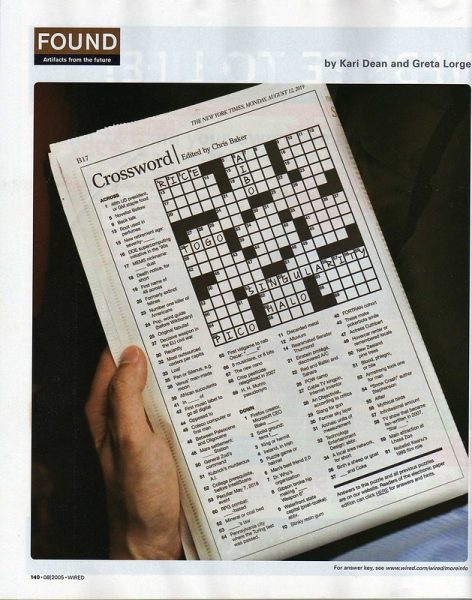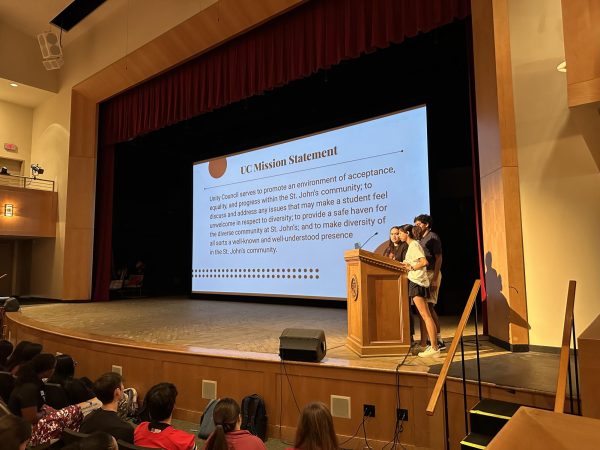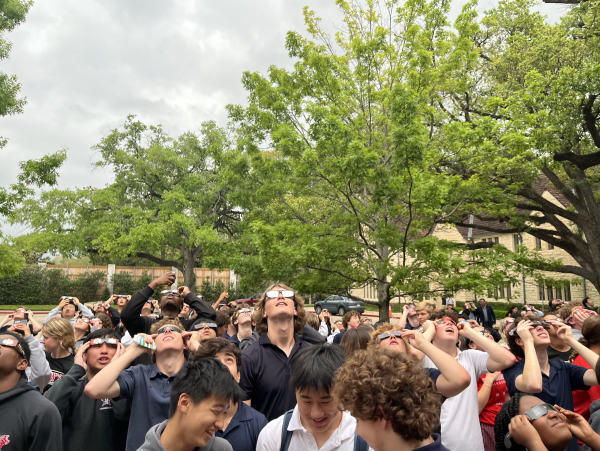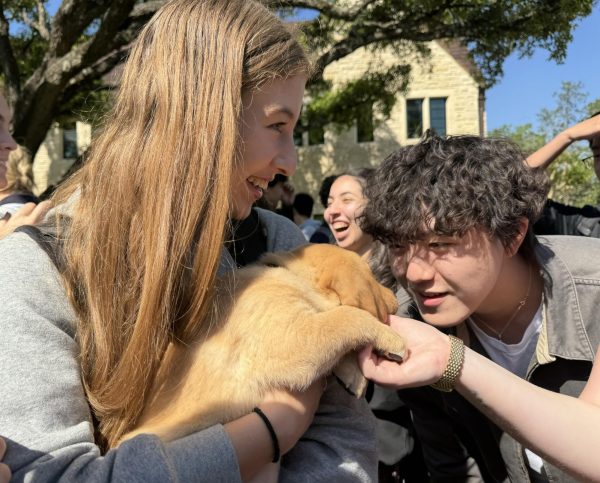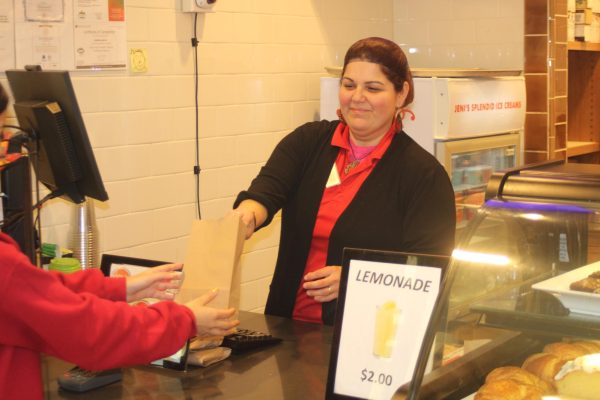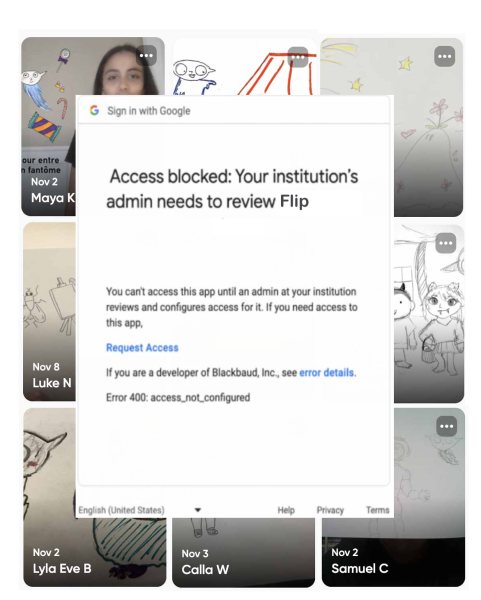TikTok receives ban on school WiFi due to security issues
This pop-up appears when students try to access TikTok through Safari while using the School’s WiFi.
February 8, 2023
When students opened their TikTok accounts on Jan. 24, instead of familiar videos popping up, students saw a white screen with “Couldn’t load. Please try again” boxed and printed in bold, black letters.
Following the likes of universities such as Texas A&M and the University of Texas in Austin, the School decided to ban the social media platform from their network due to security issues.
“It’s not necessarily to limit student usage but more for protecting the School’s information and IP addresses,” said Jude Cwalenski, the School’s network administrator.
Recently, TikTok has been called out by governments worldwide for collecting, sharing and selling user data to Chinese companies and governments. They have also been accused of collecting information about a user’s exact location, payment methods, age, internet address, type of device used and messages sent through the app.
Raising concerns about safety and privacy for students, universities around the U.S. have decided to ban the app on their WiFi, even though the social media platform is still accessible through cellular data.
Despite TikTok’s popularity, many students have been supportive of the School’s ban.
“It’s protecting the security, and the School still gives students the option to watch it during free periods and lunch by using cellular data,” junior Nico Del Frate said.
The School is aware that the ban is not particularly effective in limiting the amount of time students spend on the app (nor was that their goal), but with the action, the School’s network will be safer and more reliable for students and teachers to use.
“It’s a little annoying that it’s harder to access TikTok, but since the School had the right reason, I don’t really see a problem with it,” freshman Andrea Mendez said.






